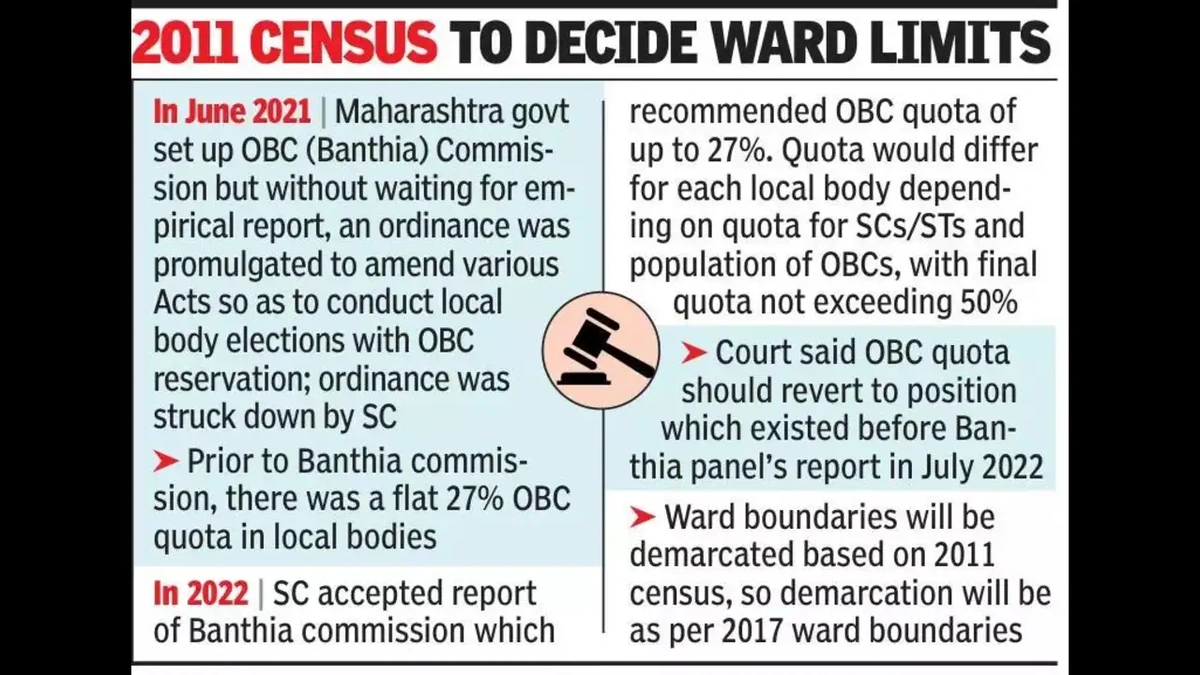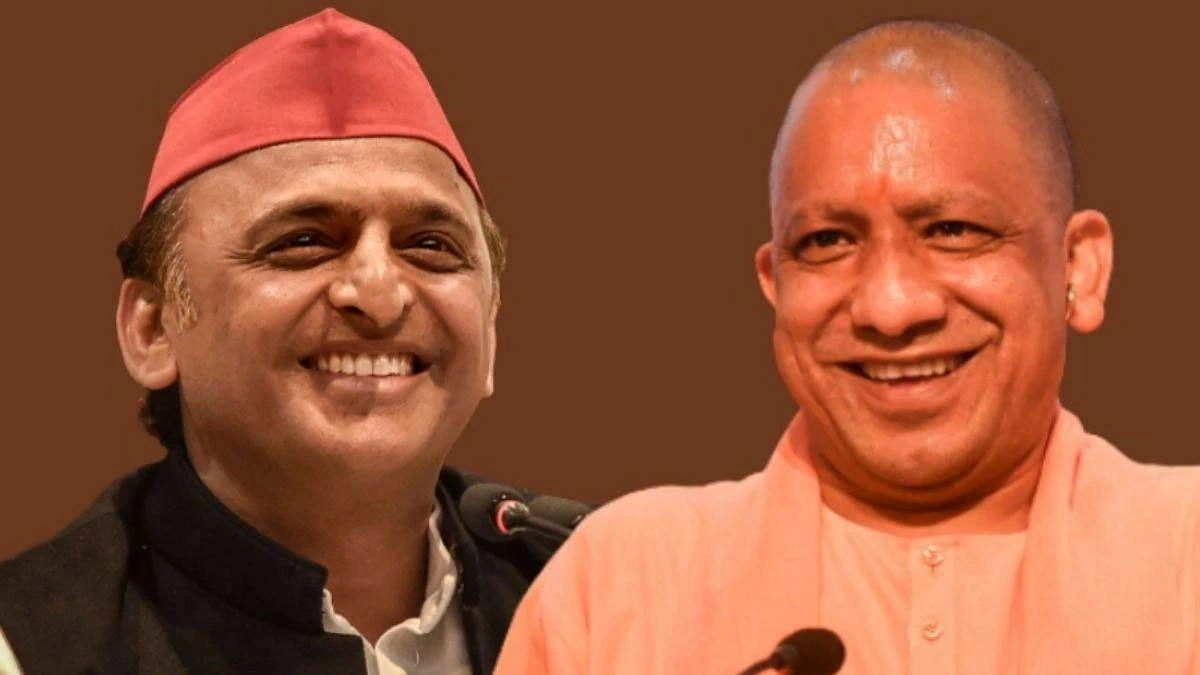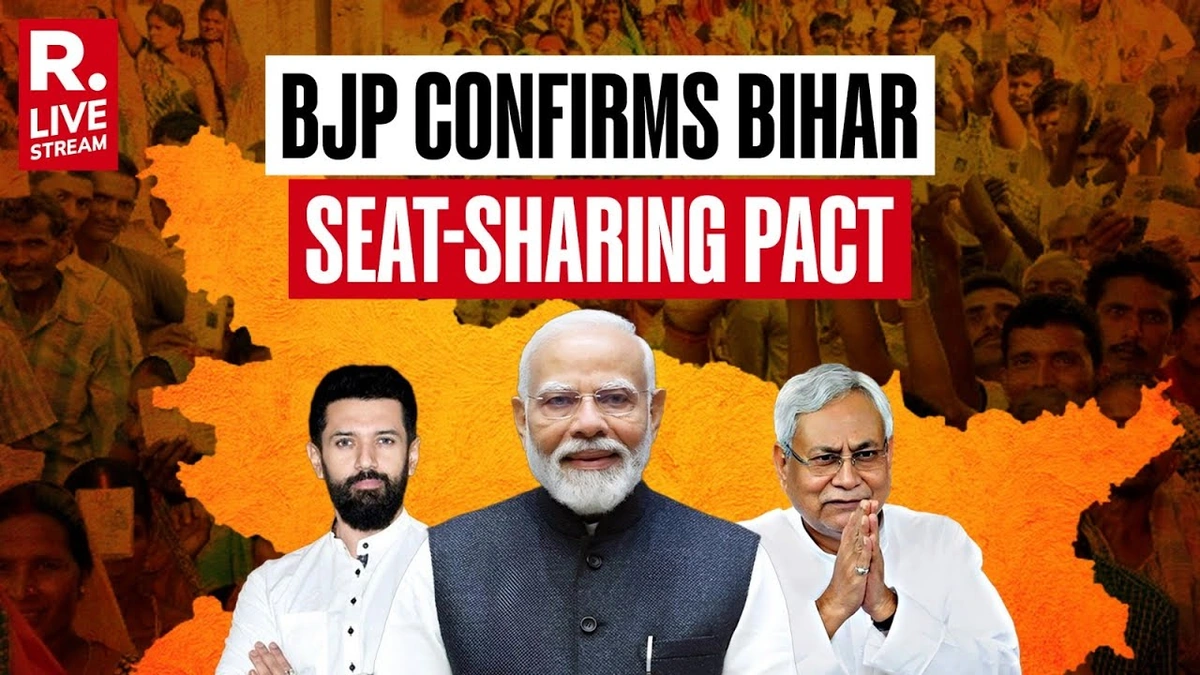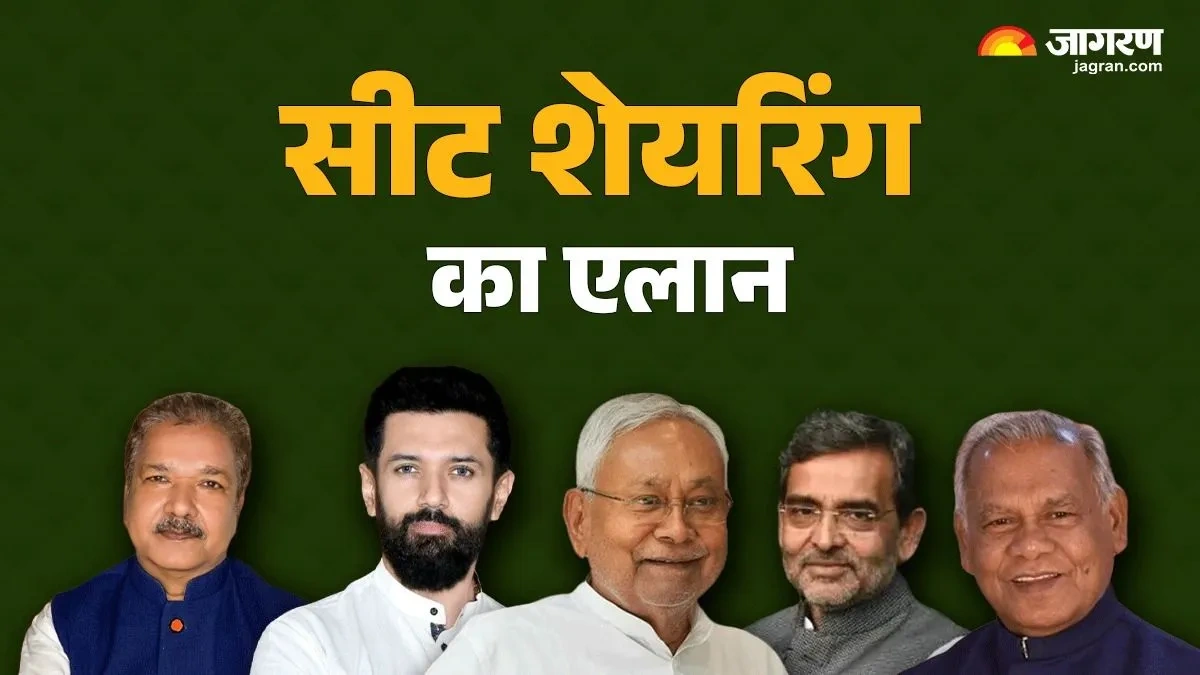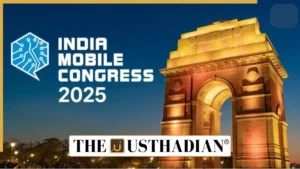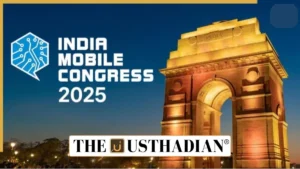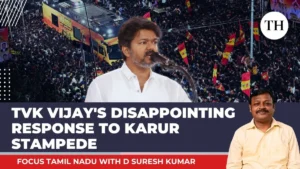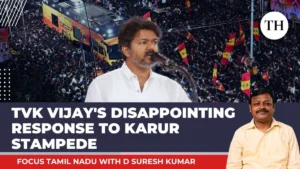Supreme Court Rejects Challenge to Telangana’s 42% OBC Quota Hike in Local Elections
The Supreme Court’s recent decision regarding Telangana’s OBC quota in local elections has stirred quite the pot, hasn’t it? It’s not just about numbers; it’s about representation, social justice, and the very fabric of our democracy. But what does this ruling really mean for you, the average Indian citizen? Let’s unpack this, shall we?
Understanding the Nuances of the Judgement
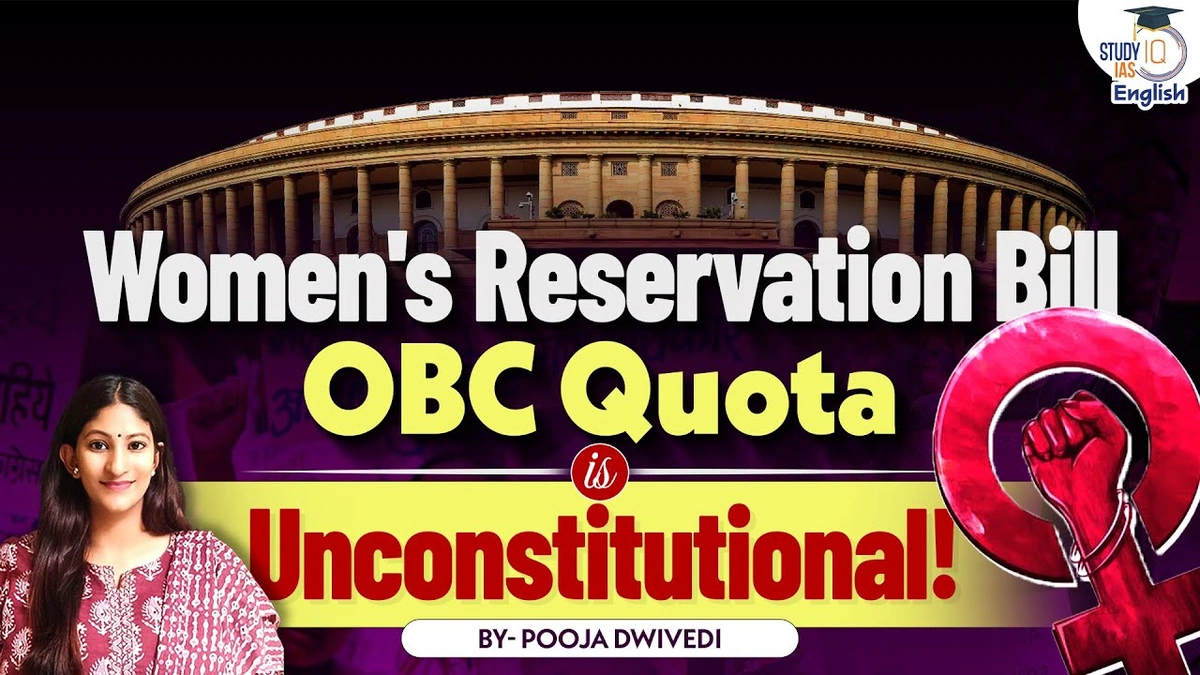
First, let’s get the facts straight. Telangana had hiked its OBC quota to 42% in local body elections. This move was then challenged, leading to a legal battle that ultimately landed in the Supreme Court. The court’s rejection of this challenge doesn’t just rubber-stamp the hike. It delves into deeper questions about the limits of reservation and the need for empirical data. Here’s the thing: reservations aren’t just about handing out benefits; they’re about correcting historical injustices and ensuring that marginalized communities have a voice. As per the guidelines mentioned in the information bulletin, this balance is delicate and requires careful consideration.
What fascinates me is how this decision highlights the tension between social justice and constitutional principles. The court is essentially saying, “Yes, we want to uplift Other Backward Classes (OBCs), but we also need to ensure that reservations don’t become a tool for political expediency or violate the fundamental rights of others.” It’s a tightrope walk, to be sure.
Why This Matters to You | Beyond the Headlines
So, why should you care about a legal squabble in Telangana? Because this case sets a precedent. It influences how other states approach reservation policies. It impacts who gets a seat at the table in local governance. Think about it: local bodies are where decisions about roads, schools, and healthcare are made. A more representative local government means that the needs of all communities, including the OBCs, are more likely to be addressed. A common mistake I see people make is thinking these issues are distant and academic.
They are not. They affect your daily life.
And, let’s be honest, the issue of caste-based reservations is deeply sensitive in India. It’s a conversation that often gets bogged down in politics and misinformation. But it’s a conversation we need to have, openly and honestly, if we want to build a truly equitable society.
The Road Ahead | Implications and Challenges
What does this ruling mean for the future? Well, it means that Telangana can continue with its 42% OBC reservation, at least for now. But it also means that the state government needs to be prepared to defend its policy with solid data and evidence. The court has made it clear that reservations can’t be arbitrary; they need to be based on a demonstrable need and a clear understanding of the social realities on the ground.
But, there’s more to it. It also puts the onus on other states to review their own reservation policies and ensure that they are in line with the Supreme Court’s guidelines. This could lead to a wave of legal challenges and political debates across the country. Brace yourselves.
For instance, the Telangana state government now has a stronger legal footing to implement its policies. As per the guidelines mentioned in the information bulletin, this boost of confidence will likely influence other states to pursue similar measures, ensuring greater representation for OBC communities.
Democracy and the Quota System
Democracy relies on fair representation to function effectively. The quota system is designed to level the playing field, ensuring that marginalized communities have a voice in governance. The Supreme Court’s decision reinforces the importance of this system. While there are valid concerns about the efficiency and fairness of quotas, ignoring the necessity of addressing historical disadvantages would undermine the very principles of democracy. According to the latest circular on the official NTA website (which doesn’t really apply here, but you get the idea cite sources!), transparency and accountability are paramount.
However, let me rephrase that for clarity the effectiveness hinges on continuous evaluation. Quotas are not a one-size-fits-all solution . They must be adapted to the unique challenges and opportunities of each region. The Supreme Court’s stance encourages a data-driven approach, promoting policies grounded in reality rather than political motives.
This ruling pushes states to refine their strategies, collecting robust empirical data to back their reservation policies. While sources suggest a specific time, the official confirmation is still pending. It’s best to keep checking the official portal. This rigorous approach ensures policies truly reflect the needs and conditions of the OBC population, fostering genuine social inclusion.
Conclusion | A Step Towards Inclusivity?
So, what’s the bottom line? The Supreme Court’s decision is not just a legal victory for Telangana; it’s a reminder that the fight for social justice is ongoing. It’s a call to action for governments to be more thoughtful and data-driven in their approach to affirmative action. It’s an invitation for all of us to engage in a more nuanced and informed conversation about caste, equality, and the future of India. And maybe, just maybe, it’s a small step towards a more inclusive and equitable society. This is a complex topic with no easy answers , and it demands continuous dialogue and understanding.
FAQ
What exactly is the OBC quota?
The OBC quota is a percentage of seats reserved in government jobs and educational institutions for individuals belonging to Other Backward Classes (OBCs). Its purpose is to ensure fair representation for these communities.
Why was Telangana’s quota challenged?
The challenge was based on concerns that the 42% hike might exceed the permissible limits set by previous Supreme Court rulings and violate principles of equality.
Does this ruling affect other states?
Yes, it sets a precedent and encourages other states to review and possibly defend their own reservation policies with empirical data.
What happens if a state exceeds the quota limit?
The Supreme Court has generally capped reservations at 50%, but there are exceptions. Exceeding this limit can lead to legal challenges and potential invalidation of the policy.
Where can I find more information about OBC reservations?
You can consult the official websites of the National Commission for Backward Classes and the Ministry of Social Justice and Empowerment.
How can I stay updated on these legal developments?
Follow reliable news sources and legal experts who provide in-depth analysis of court rulings and their implications.
